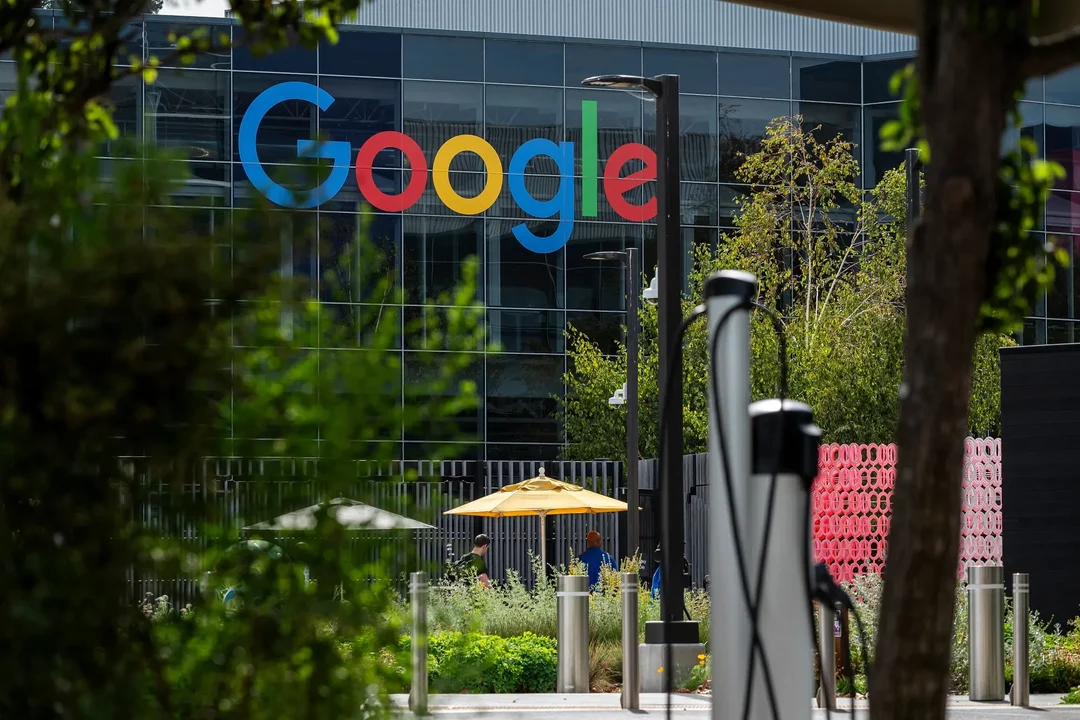
Google’s AI Mode: A Looming Threat to Publisher Traffic?
The rollout of Google's AI Mode, a generative AI search experience, has sent ripples of concern through the publishing world. After months of anticipation and some anxiety, publishers are now facing the reality of potentially diminished search referral traffic. But what exactly is AI Mode, and why is it causing such alarm?
AI Mode, powered by Google's new Gemini 2.5 AI model, summarizes answers directly on search results pages, aiming to provide users with instant information. This means users might not need to click through to individual websites, impacting publishers' **click-through rates (CTR)** and advertising revenue.
"This is the future of Google Search," proclaimed Elizabeth Reid, Google VP and head of search, highlighting the company's commitment to generative AI experiences.
The Core Concern: Eroding Traffic
The primary fear revolves around the erosion of referral traffic. With AI Mode serving up AI-generated summaries, publishers worry about users no longer needing to visit their sites. This concern is not new; publishers have been wary of traffic declines since the launch of AI Overviews. Some, like Dotdash Meredith, have already felt the impact, reporting a decrease in page views. Tom Critchlow, Raptive’s evp of audience growth, predicts an increase in Google searches but a decrease in clicks to external sites.
The Problem of Visibility
While AI Mode does attribute information with links, these links are reportedly less prominent than in traditional search results. Paul Hood, AI media consultant and former News UK exec, notes that "comprehensive AI responses often satisfy user intent directly on the search page, leading to more ‘zero-click’ searches."
Google's Perspective
Google argues that AI Mode's "fan-out technique," which breaks down queries into subtopics, includes links to websites. Reid believes AI can be a powerful engine for discovery, helping users find relevant content. However, Google is not sharing AI Mode click-through data making it difficult for publishers to gauge the true impact.
User Adoption and Diversification
For now, limited user adoption provides some breathing room. Wes Bonner, svp of marketing and audience development at Bustle Digital Group, emphasizes the importance of user satisfaction with AI-generated results. For publishers, Critchlow suggests diversifying away from Google as a traffic source. Some companies are shifting their focus to metrics like subscription conversions instead of raw traffic to measure engagement. Dtdotdash Meredith is actively working to reduce its reliance on Google referral traffic.
As one publishing executive succinctly said, "We have no data on it at all.", the future remains uncertain. Diversification and a close watch on user behaviour will be key.
What strategies do you think publishers should adopt to navigate this changing landscape? Share your thoughts in the comments below and let's discuss!